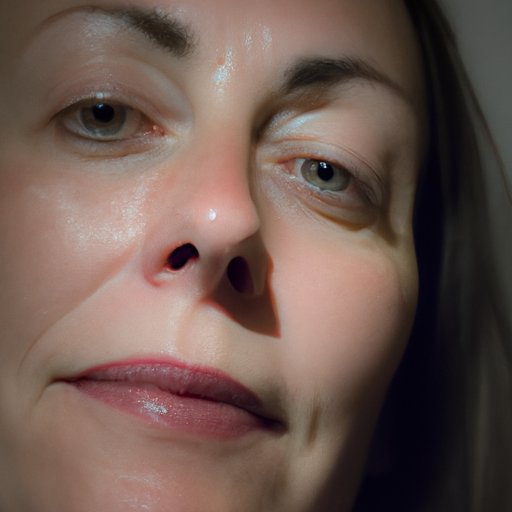As a dermatologist, I am often asked about the best ways to combat dry skin. Dry skin, also known as xerosis, is a common condition that affects many people, particularly during the colder months. It can cause discomfort, itching, and even lead to more serious skin conditions if left untreated. However, with the right skincare routine and lifestyle changes, it is possible to banish the flakes and enjoy healthy, hydrated skin.
Firstly, it is important to understand what causes dry skin. The skin has a natural barrier made up of oils that help to keep moisture in and irritants out. When this barrier is damaged or depleted, it can lead to dryness and flaking. This can be caused by a variety of factors including cold weather, low humidity, harsh soaps and detergents, hot showers and baths, and certain medical conditions.
To combat dry skin, the first step is to moisturize regularly. Moisturizers work by trapping water in the skin, which can help to replenish the skin’s natural barrier. Look for products that contain ingredients like hyaluronic acid, glycerin, ceramides, and lanolin, which are known for their hydrating properties. Apply moisturizer immediately after bathing and throughout the day as needed.
Next, consider your bathing habits. While a hot shower or bath may feel good, it can strip the skin of its natural oils. Instead, opt for lukewarm water and limit your time in the shower or bath to 10-15 minutes. Use a gentle, fragrance-free cleanser instead of harsh soaps or body washes that can further dry out the skin.
Your diet can also play a role in the health of your skin. Eating a balanced diet rich in essential fatty acids can help to nourish your skin from the inside out. Foods like fish, nuts, seeds, avocados, and olive oil are all good sources of these beneficial fats. Drinking plenty of water can also help to keep your skin hydrated.
In some cases, dry skin may be a symptom of an underlying medical condition, such as eczema, psoriasis, or hypothyroidism. If you have persistent dry skin that doesn’t improve with over-the-counter treatments, it’s important to see a dermatologist. They can diagnose any underlying conditions and provide appropriate treatment.
Additionally, consider using a humidifier in your home, especially during the winter months when the air can be particularly dry. This can help to add moisture to the air and prevent your skin from drying out.
Lastly, protect your skin from the elements. Cold winds and harsh weather can wreak havoc on your skin, causing it to become dry and chapped. Wear protective clothing, such as gloves and scarves, when going out in cold weather. And don’t forget about sun protection – even in the winter months, the sun’s rays can be damaging.
In conclusion, while dry skin can be uncomfortable and frustrating, there are many ways to combat it. By moisturizing regularly, adjusting your bathing habits, eating a balanced diet, and protecting your skin from the elements, you can help to keep your skin healthy and hydrated. If you have persistent dry skin that doesn’t improve with these measures, don’t hesitate to seek help from a dermatologist. Remember, healthy skin is not just about looking good – it’s also an important part of your overall health and wellbeing.



